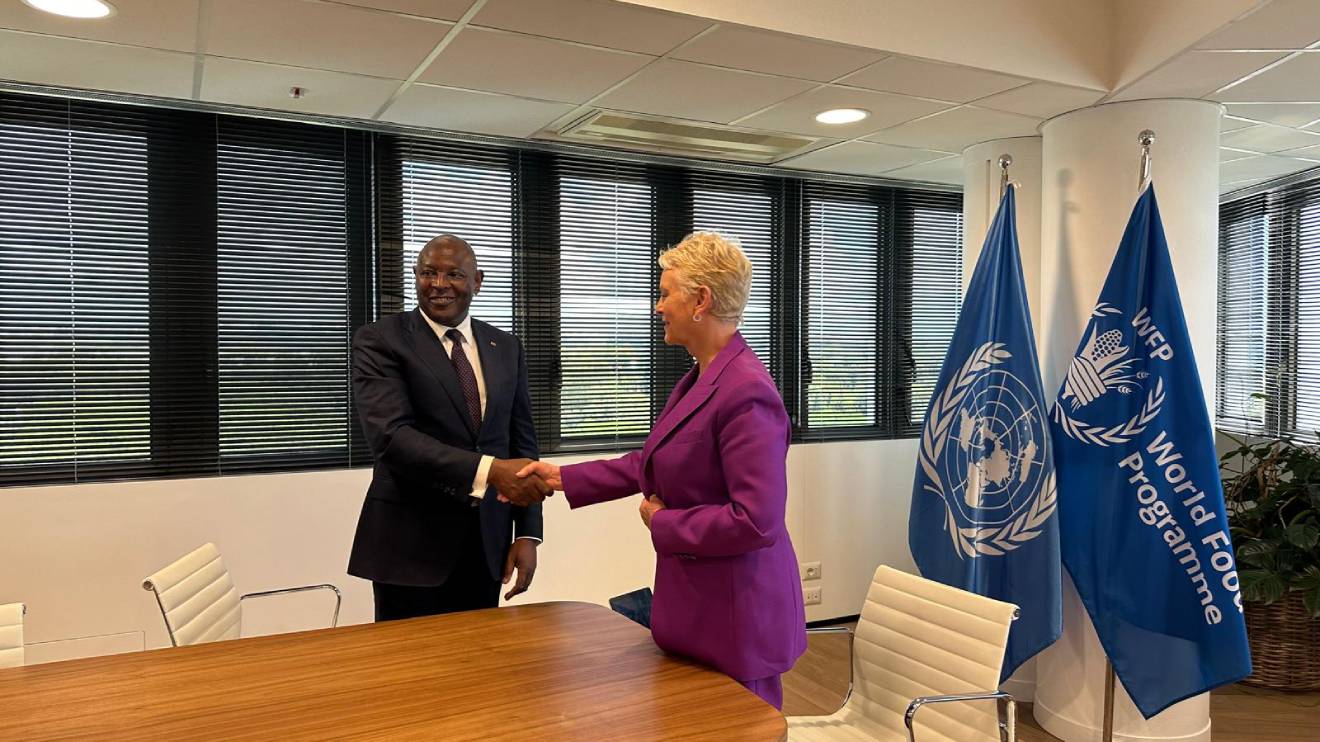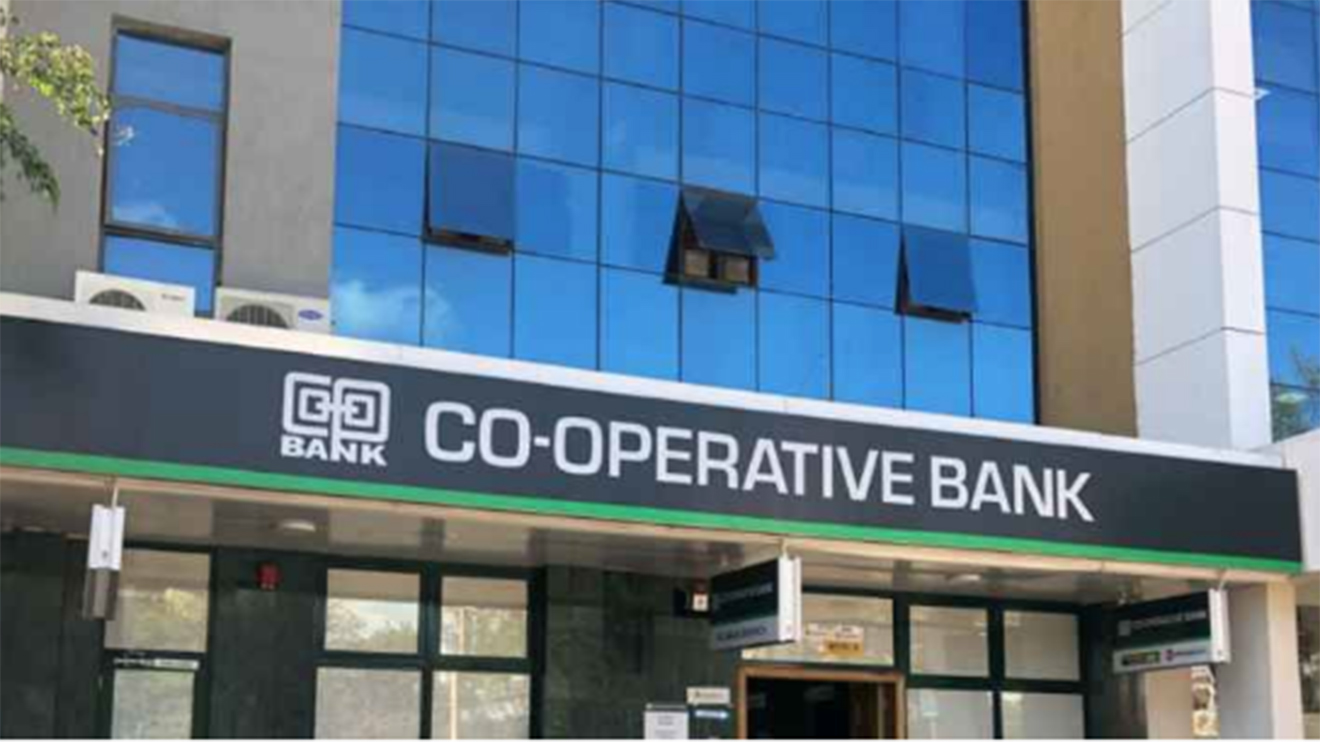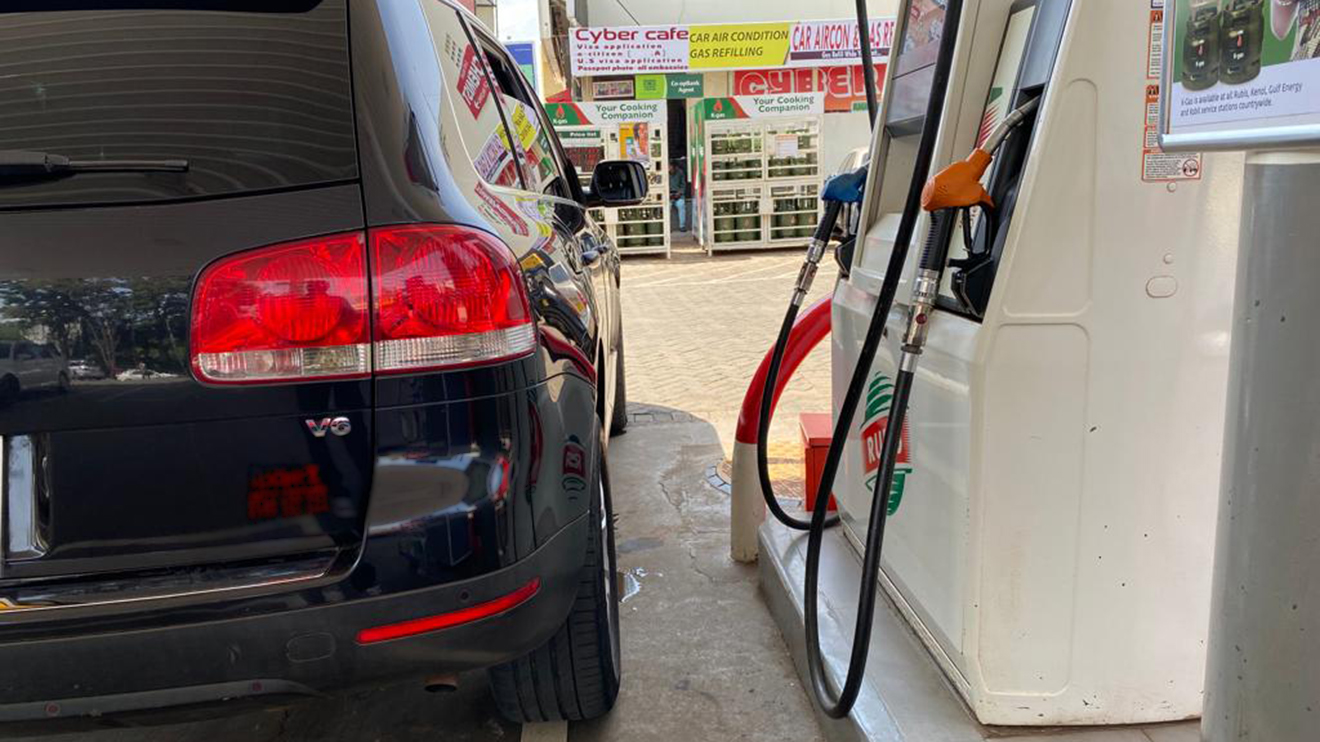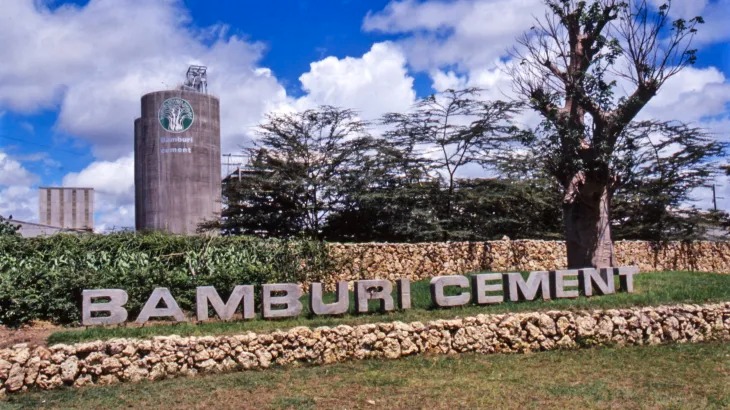Smallholder farmers are set to benefit significantly from a newly inked partnership between Equity Group and the World Food Programme (WFP), which aims to provide financial literacy training and concessional finance.
This collaboration is designed to link farmers to the agricultural value chain, enhancing productivity and improving their livelihoods while contributing to food security.
The partnership will leverage the Equity Group Foundation to offer training to various value chain actors, enabling them to access finance.
Furthermore, technical assistance will be extended to agro-processors and agripreneurs, preparing them for impact investments from Equity Bank.
This initiative focuses on supporting marginalised communities with limited access to traditional finance, promoting the development of a sustainable agro-industrial sector.
Read More
This sector is expected to contribute to economic diversification, food and nutrition security, employment, and improved livelihoods.
Equity Group CEO James Mwangi highlighted the importance of this collaboration, stating, “We want to work with partners like WFP to scale outputs and access to finance to facilitate investments in agricultural activities to support farmers to enhance productivity, integrate into value chains, and ultimately improve their livelihoods while contributing to food security, sustainably."
He further added, "Additionally, the Group developed the 'Africa Recovery and Resilience Plan' which is committed to growing our support of access to finance for farmers, who are also dealing with the scourge of climate change, to 30 percent of our loan book regionally by 2030."
WFP Executive Director Cindy McCain emphasised the impact of the training programme, saying, “This is a powerful example of how innovative partnerships can address the root causes of hunger. By empowering farmers with the tools and resources they need to thrive, we can create a ripple effect of prosperity that strengthens long-term food security for the whole community.”
The partnership also includes plans to train farmers in climate-resilient crop management and regenerative agricultural practices, along with financial management.
Efforts will be made to provide infrastructure support, reduce food waste, prevent crop spoilage, facilitate market access, and ensure the transportation of goods to markets, thereby enhancing farmers' incomes and livelihoods.
Smallholder farmers are pivotal in food production in many developing countries, including Kenya, and play an essential role in improving global food security.
This initiative represents a significant step towards supporting these farmers and ensuring a more secure and sustainable food future.



-1731675695.jpg)




-1731665904.jpg)
